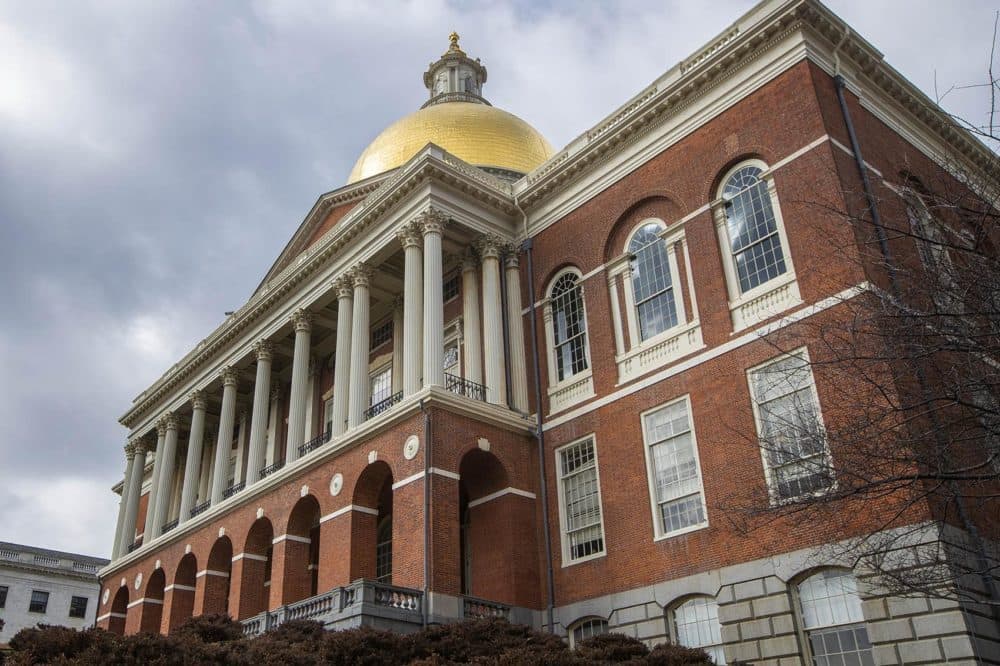Advertisement
$42.7 Billion Mass. Senate Budget Would Hike Education Money, Freeze UMass Costs

A state budget proposal released Tuesday by a key Senate panel would temporarily freeze tuition at University of Massachusetts campuses and boost state spending on elementary and secondary schools to "unprecedented" levels, Democratic lawmakers said.
The Senate Ways and Means Committee's $42.7 billion annual budget for the fiscal year that begins July 1 would increase overall state spending by about 3%, mirroring spending levels recommended in a plan that cleared the House last month and an earlier blueprint submitted by Republican Gov. Charlie Baker.
Following the lead of the House, the Democratic-controlled committee called for no major tax hikes in their budget. But they did restore a pair of new, targeted taxes originally proposed by Baker: One, a 15% excise tax pharmaceutical manufacturers would pay on sales of prescription opioid drugs in Massachusetts; the other an excise tax that would be applied to e-cigarettes and vaping products.
Neither tax was included in the House budget.
The five-campus University of Massachusetts system would receive $558 million from the state in the next fiscal year under the Senate proposal, an increase of $39 million, or 7% from the current year. Along with the additional cash would come language prohibiting the university from hiking tuition or student fees during the next academic year.
"We've had a lot of discussion in this building about the stifling debt that students are graduating with and the high cost of public education," said Senate Ways and Means Committee chairman Michael Rodrigues, a Westport Democrat.
UMass officials have said they would need slightly more money than in the Senate budget to guarantee a tuition freeze, but Rodrigues said the university "should be able to find a way."
The Senate proposed a $268 million increase in so-called "Chapter 70" funds that are distributed to public school districts around the state, a level that would represent "record, unprecedented investment" in public schools, according to Senate President Karen Spilka.
Lawmakers are currently working on a revamp of the formula used for divvying up state education funds after a special commission highlighted shortcomings in how school districts with large numbers of low-income, immigrant and special education students are treated under the current formula which dates to 1993.
Advertisement
The earlier House budget called for a $218 million hike in Chapter 70, along with a $16.5 million reserve fund for low-income students.
House and Senate leaders have not ruled out discussions about possible tax increases at a later point in the two-year legislative session. Some Democratic lawmakers and activists insist that more revenue is needed for education, transportation and other pressing state needs.
But a surge in tax collections in April has put the state nearly $1 billion ahead of revenue forecasts for the current year, a development that may ease pressure on the Legislature to act soon.
"We think there are adequate revenues in the state coffers, without raising new revenues, to fully invest in our priorities," Rodrigues said.
The full Senate is expected to debate amendments to the spending plan later this month. A six-member conference committee will then meet behind closed doors to negotiate a final version of the budget for Baker to sign.